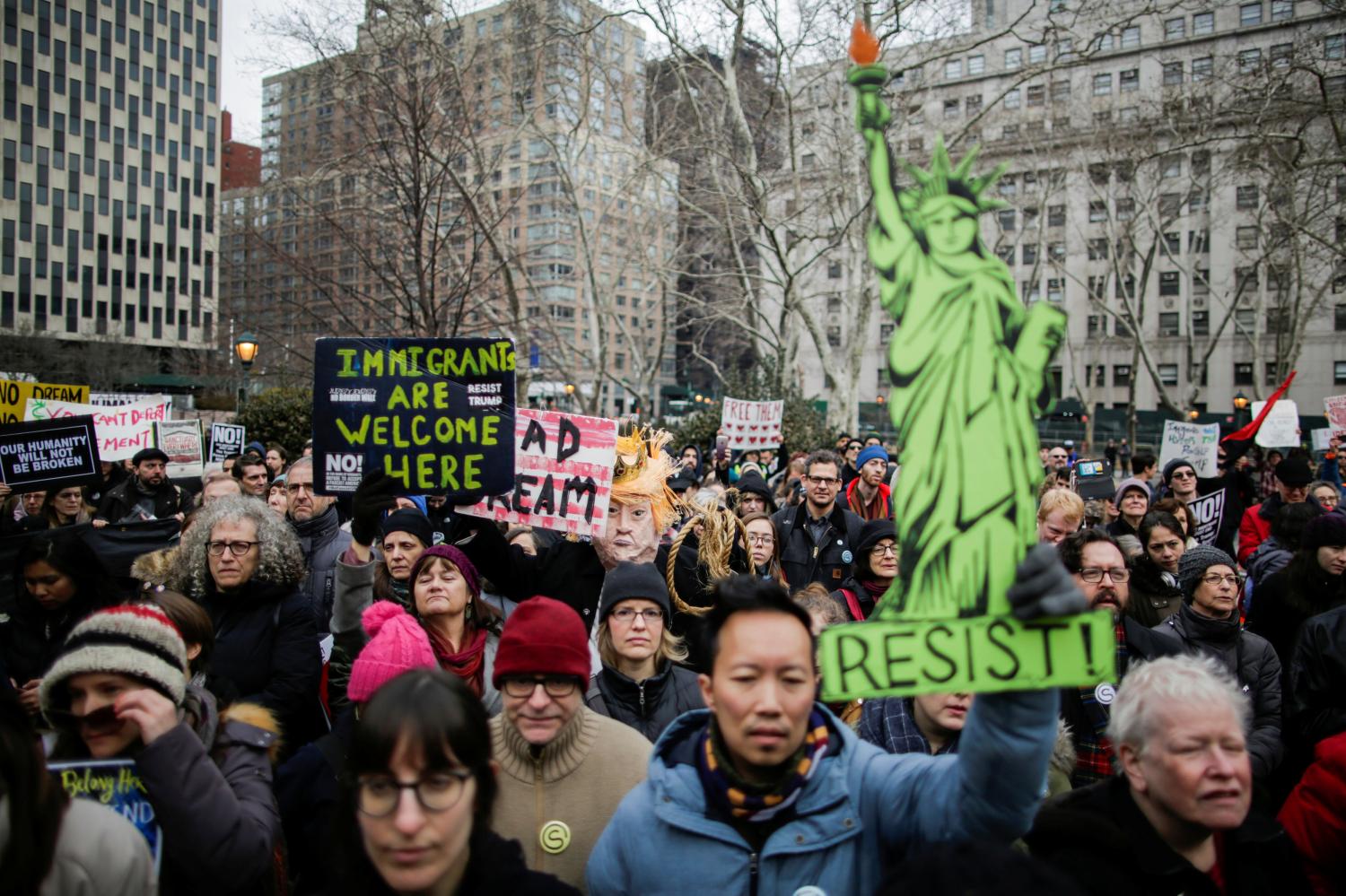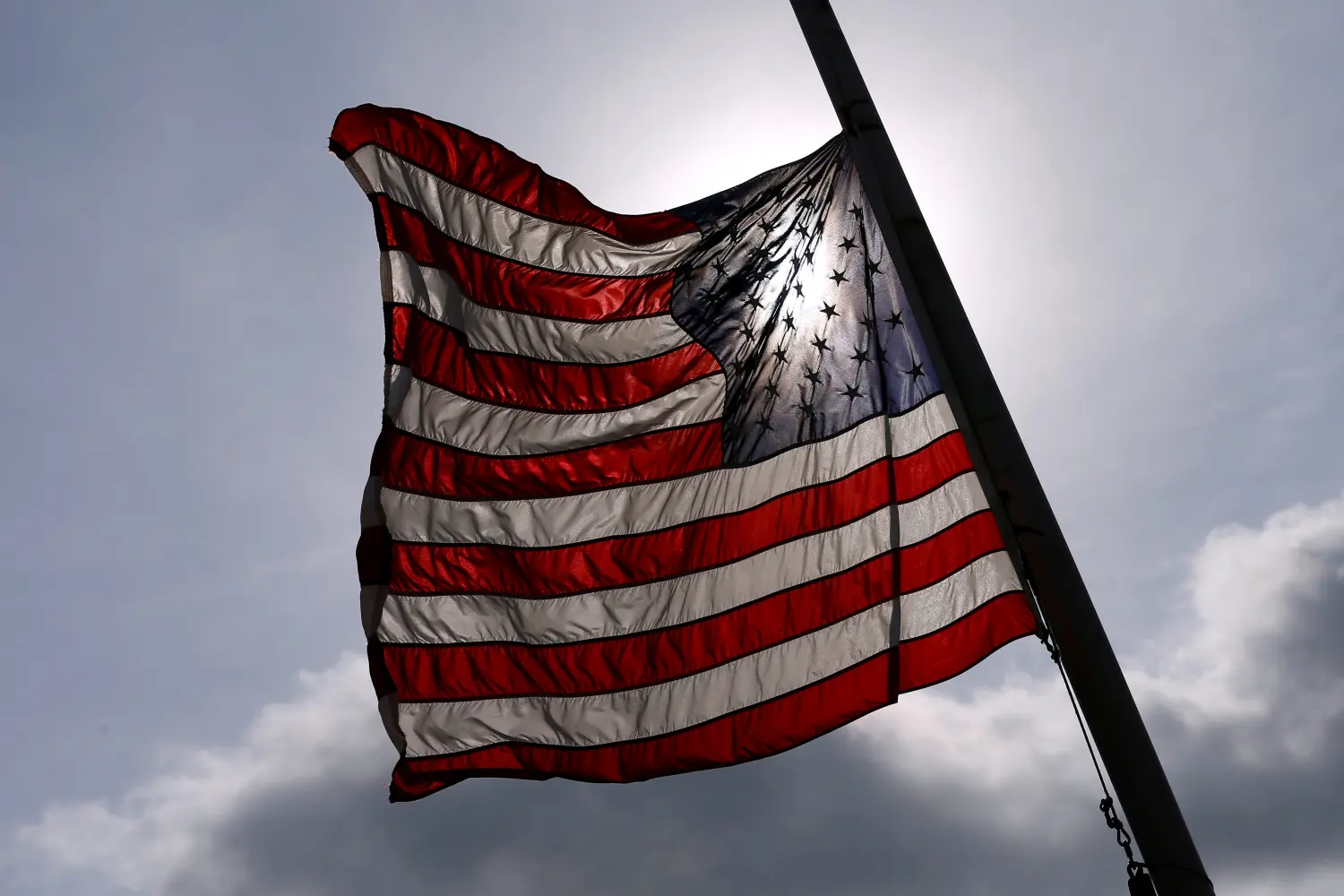Enshrined in the Declaration of Independence and the Constitution and checked by a free press, the American Project—the ideas that shape how we are governed—has until now kept U.S. society not only intact, but functioning, reasonably vibrant, and dedicated at least in theory to providing economic opportunities for all.
But recent developments put the American Project at great risk. The threat of nuclear war is more real than at any point since the Cuban Missile crisis. Ever-expanding divides in income, wealth, and political identification are pulling the nation apart. And to many, the new administration seems incapable of healing these divisions, let alone dealing with multiple challenges that confront us all—continuing mass shootings or other acts of violence and terror, climate change, immigration, and a growing national debt, among others.
In a new essay, Brookings Nonresident Senior Fellow Bob Litan argues that although there is much to be pessimistic about—and it is possible that the fear of continued change will drive even deeper fissures in our society—Americans have several reasons to be cautiously optimistic that the American Project, always a work in progress, can survive its current stresses. Realism, he cautions, will be of upmost importance, but there are concrete reasons for hope. In the wise words of civil rights icon Congressmen John L. Lewis, we must at least try to be optimistic. “If not,” Lewis said, “[we] will get lost in despair.”
The essay will be published in five chapters. Each chapter will be available to read and share below.
America has held together through worse times than now

Although the American Project is at risk, there are reasons to be cautiously optimistic. From the Civil War to the Vietnam War, the country has survived deeper chasms. As the world around them has changed, Americans have continually adapted. And though the road to brighter days may be long and bumpy, social progress and demographic changes are likely to eventually shake up the country’s leadership in a constructive, less divisive way to meet the many difficult challenges that confront us.
The challenges of problem solving in a divided country

Despite our current political climate, the past three decades have seen striking public policy successes that have addressed some seemingly intractable problems. In order to solve some of today’s most pressing issues, the country will need a new generation of pragmatic, thoughtful leaders from both parties.
More than ever, the American Project demands a strong economy

Although the country has deep social and political divisions, the problem would be worse if the economy were in a recession. And while the economy is in pretty good shape, the long-run is a little more uncertain.
The Brookings Institution is committed to quality, independence, and impact.
We are supported by a diverse array of funders. In line with our values and policies, each Brookings publication represents the sole views of its author(s).




